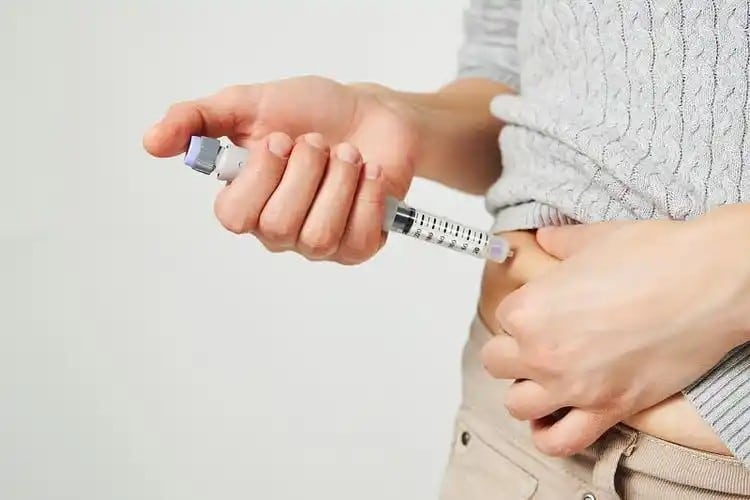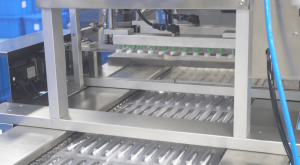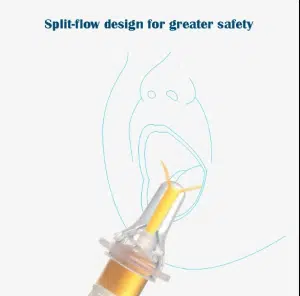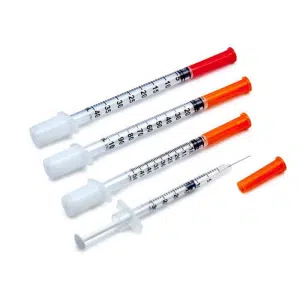Introduction: Global Diabetes Challenge and Market Opportunities
Diabetes has become one of the most serious public health challenges of the 21st century. As of 2024, approximately 463 million adults aged 20-79 worldwide suffer from diabetes, with projections reaching 700 million by 2045. Facing such a massive patient population, insulin injection devices serve as core tools in diabetes management, making their market value undeniable.
According to GIR (Global Info Research) research, the global insulin injection device market revenue reached approximately $17.41 billion in 2023, with projections to reach $35.51 billion by 2030, representing a CAGR of 10.7% from 2024 to 2030. This growth trajectory clearly indicates that the insulin injection device market is experiencing a golden period of rapid development.
North American Market: Technology Innovation Leader
Market Size and Structural Characteristics
The North American market, with its robust healthcare infrastructure and high consumer spending power, holds a significant position in the global insulin injection device market. In 2023, the North American market commanded a substantial share of the global market, with the United States showing the most outstanding performance.
Key Market Data:
- North America accounts for approximately 35-40% of the global insulin injection device market share
- Insulin penetration rate among US diabetes patients exceeds 20%
- Annual market growth rate maintained at 8-12%
Product Structure Analysis
High-End Products Dominate the Market:
- Insulin Pump Systems: 45% of North American market share
- Medtronic MiniMed series: approximately 60% market share
- Tandem t:slim X2: rapid growth with 25% market share
- Insulet Omnipod: tubeless system leader with 15% market share
- Smart Insulin Pens: 35% market share
- Novo Nordisk NovoPen series: strong performance in US market
- Eli Lilly KwikPen: clear advantage as domestic brand
- Sanofi SoloStar: stable development from French brand
- Traditional Insulin Syringes: 20% market share
- Primarily used by hospitals and primary care facilities
Technology Innovation Characteristics
Rapid Development of Automated Insulin Delivery (AID) Systems: In August 2024, Insulet Corporation announced FDA approval for its Omnipod 5 automated insulin delivery system for adults with type 2 diabetes aged 18 and older, making it the first and only FDA-approved AID system for managing both type 1 and type 2 diabetes in the United States.
Market Driving Factors:
- High insurance coverage: Medicare and Medicaid cover most costs
- High technology acceptance: patients more willing to use advanced devices
- Friendly regulatory environment: relatively efficient FDA approval process
Competitive Landscape
Major Player Market Share:
- Medtronic: 35% (primarily insulin pumps)
- Novo Nordisk: 25% (insulin pen sector)
- Eli Lilly: 15% (insulin pens)
- Insulet: 12% (tubeless insulin pumps)
- Tandem: 8% (insulin pumps)
- Others: 5%
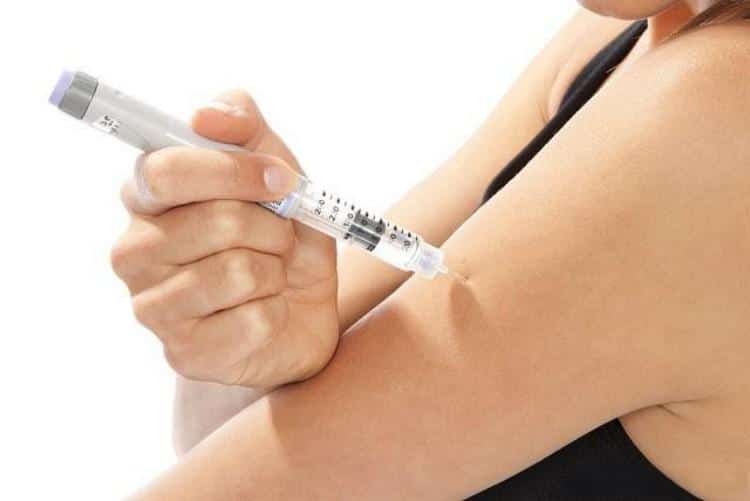
European Market: Balanced Development with Strict Regulation
Market Overview
The European market is renowned for its comprehensive healthcare systems and stringent quality standards. In 2023, the European market held a significant position in the global insulin injection device market, displaying development characteristics distinct from North America.
Market Characteristics:
- Market size: approximately 28-32% of global market share
- Growth rate: annual growth of 6-9%, relatively stable
- Regulatory environment: strict CE certification requirements, high quality standards
Regional Differences Analysis
Western European Developed Countries:
- Germany: Europe’s largest market, 30% of European market share
- France: Sanofi’s domestic advantage, 22% of European market share
- United Kingdom: NHS procurement system influences market structure, 18% of European market share
- Italy: emphasis on cost-effectiveness, 12% of European market share
Nordic Countries:
- Denmark: Novo Nordisk headquarters advantage, active in technological innovation
- Sweden: digital healthcare leadership, high smart device adoption
- Norway: government procurement-led, strict quality requirements
Product Preference Characteristics
European Market Product Structure:
- Insulin Pen Systems: 60% market share
- Reusable insulin pens: 45%
- Prefilled insulin pens: 40%
- Smart insulin pens: 15%
- Insulin Pumps: 25% market share
- Tubed insulin pumps: 70%
- Tubeless insulin pumps: 30%
- Traditional Insulin Syringes: 15% market share
Technology Preference Analysis:
- Greater focus on product reliability and durability
- Higher cost-effectiveness ratio requirements
- Emphasis on environmental and sustainable design
- Preference for simple, user-friendly product design
Regulatory Environment Impact
CE Certification Requirements:
- Stricter certification requirements following Medical Device Regulation (MDR) implementation
- Enhanced clinical data requirements, longer certification cycles
- More comprehensive quality management system requirements
Medical Insurance Impact:
- Significant differences in insurance policies across countries
- Reimbursement standards influence product selection
- Government procurement decisions affect market landscape
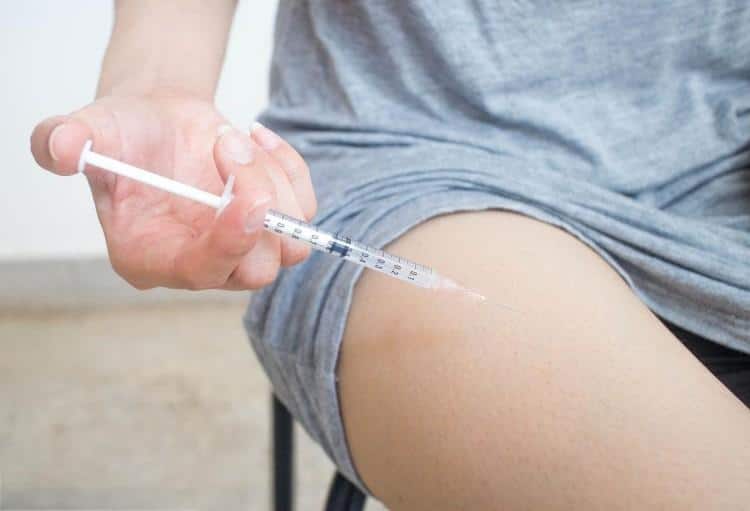
Comparative Analysis: North American vs. European Markets
Market Development Stages
North American Market:
- Technology innovation-oriented, pursuing advanced functionality
- High market maturity with intense competition
- Strong consumer purchasing power, high-end products dominate
European Market:
- Quality stability-oriented, focusing on reliability
- High market standardization with strict regulation
- Balanced cost-effectiveness, mid-range products favored
Technology Development Directions
Common Trends:
- Smart Integration: Bluetooth connectivity, data recording, smartphone app control
- Personalized Customization: adjusting infusion parameters based on patient characteristics
- Minimally Invasive Development: reducing pain, improving patient compliance
- System Integration: integration with blood glucose monitoring devices
Regional Characteristics:
- North America: greater focus on artificial intelligence and big data applications
- Europe: emphasis on product standardization and quality consistency
Market Access Strategies
North American Market Access:
- Relatively clear FDA certification process
- Strict but predictable clinical trial requirements
- Market promotion relies on academic marketing
- Insurance company negotiations are key
European Market Access:
- CE certification as basic requirement
- Need to address various national insurance policies separately
- Complex but transparent government procurement procedures
- Local partnerships are key to success
Major Manufacturer Analysis
Global Leading Companies
Medtronic:
- Headquarters: Minneapolis, USA
- Advantages: leading insulin pump technology, complete MiniMed product line
- Market performance: 35% North American market share, 20% European market share
- Annual revenue: approximately $1.5 billion in insulin pump business
Novo Nordisk:
- Headquarters: Bagsvaerd, Denmark
- Advantages: mature insulin pen technology, high brand recognition
- Market performance: 40% global insulin pen market share
- Annual revenue: approximately $1.2 billion in insulin delivery devices
Eli Lilly:
- Headquarters: Indianapolis, USA
- Advantages: combination of insulin drugs and devices, successful KwikPen series
- Market performance: 15% North American market share, 12% European market share
- Annual revenue: approximately $800 million in insulin pen business
Emerging Technology Companies
Insulet Corporation:
- Specializes in tubeless insulin pump systems
- Innovative Omnipod series products
- Rapid growth in North American and European markets
Tandem Diabetes Care:
- Advanced t:slim X2 series technology
- Integration with Dexcom glucose monitoring systems
- Outstanding performance in North American market
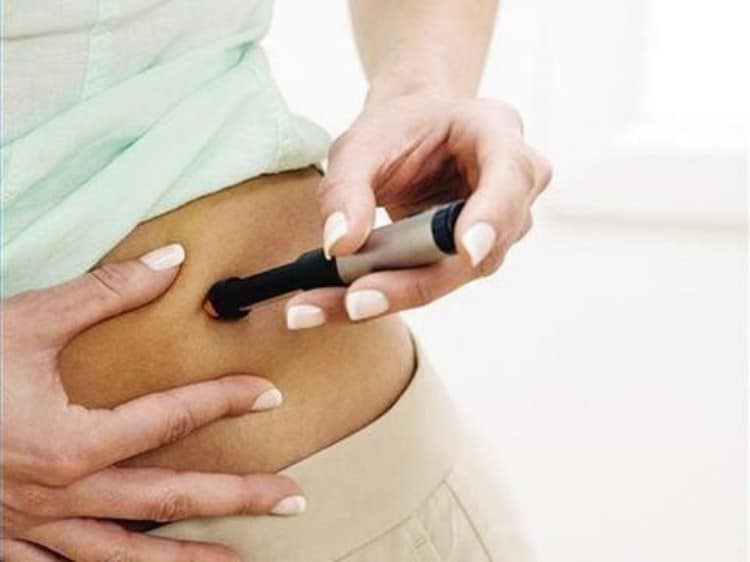
Future Development Trends
Technology Development Predictions
Artificial Intelligence Applications:
- Predicting blood glucose fluctuations, automatically adjusting insulin infusion
- Personalized treatment plan optimization
- Complication warning systems
IoT Integration:
- Medical device interconnectivity
- Remote monitoring and management
- Big data analytics applications
Biocompatibility Enhancement:
- New materials to reduce allergic reactions
- Long-term implantable device development
- Biodegradable material applications
Market Opportunity Analysis
North American Market Opportunities:
- Aging acceleration: rapid growth in diabetes patients over 65
- Medical insurance expansion: more patients gaining access to treatment
- Technology upgrade cycle: demand for updating existing devices
- Personalized medicine: growing demand for precision treatment solutions
European Market Opportunities:
- Eastern European market opening: high growth potential in emerging markets
- Healthcare digitization: government-driven digital health development
- Environmental requirements: growing demand for sustainable product design
- Standardization process: unified standards reduce market entry barriers
Challenges and Risks
Common Challenges:
- Regulatory policy uncertainty
- High technology upgrade costs
- Intensifying market competition
- Raw material price volatility
Region-Specific Challenges:
- North America: medical insurance policy changes, drug price control policies
- Europe: Brexit impact, differences in national insurance policies
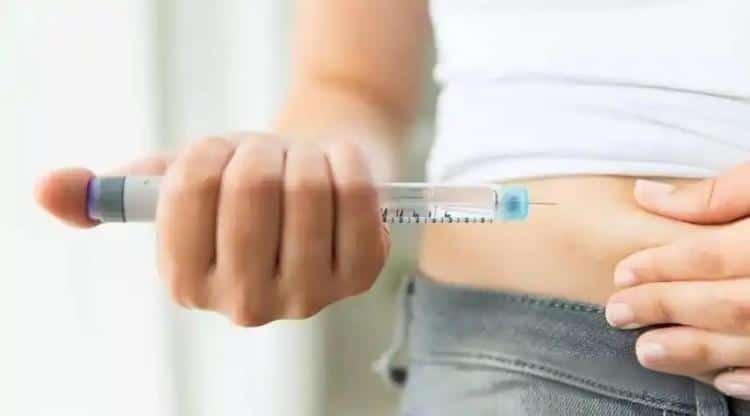
Market Investment Recommendations
Recommendations for Manufacturers
Product Development Strategy:
- Differentiated positioning: develop specialized products for different market needs
- Technology innovation: invest in AI and IoT technologies
- Quality improvement: establish comprehensive quality management systems
- Cost optimization: reduce costs through large-scale production
Market Expansion Strategy:
- Localization partnerships: establish strategic alliances with local companies
- Channel development: build comprehensive sales and service networks
- Brand building: enhance brand awareness and reputation
- Regulatory communication: establish good relationships with regulatory authorities
Recommendations for Investors
Priority Investment Areas:
- Smart insulin delivery systems: high market growth potential
- Non-invasive glucose monitoring technology: breakthrough opportunities
- Personalized treatment solutions: precision medicine development trend
- Digital healthcare platforms: innovative healthcare service models
Risk Control Recommendations:
- Diversified investment: avoid over-concentration in single products or markets
- Policy monitoring: closely monitor healthcare policy changes
- Technology tracking: follow cutting-edge technology developments
- Market research: conduct regular market research and analysis
Conclusion
While both North American and European insulin injection device markets are developed markets, they exhibit different characteristics and development trajectories. The North American market is dominated by technological innovation and high-end products, while the European market emphasizes quality stability and cost-effectiveness.
Market Development Prospects:
- Continuously growing global diabetes population provides fundamental market support
- Technological innovation drives product upgrades, continuously enhancing market value
- Government policy support and medical insurance coverage promote market development
- Personalized medicine demands create opportunities for market segmentation
Key Success Factors:
- Technology innovation capability: continuous R&D investment and technological breakthroughs
- Quality management systems: international standard quality assurance
- Market adaptability: product customization for different market needs
- Regulatory compliance: product certification meeting various national regulatory requirements
- Service networks: comprehensive sales and after-sales service systems
Facing increasingly intense market competition, manufacturers need to develop comprehensive advantages in technology innovation, quality improvement, cost control, and market expansion to succeed in North American and European markets.
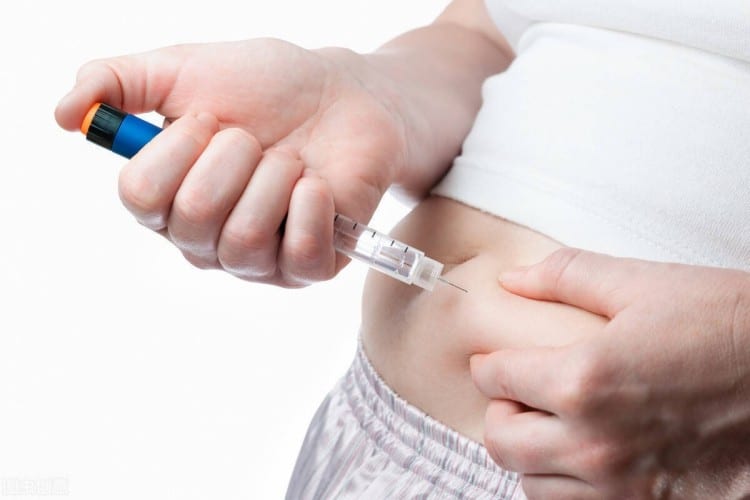
About Our Company: Professional Insulin Injection Device Manufacturing Solutions
As a professional insulin injection device manufacturer and supplier, we deeply understand the unique requirements and strict standards of North American and European markets. Through years of international market cultivation, we have successfully obtained both FDA and CE dual certifications, with products exported to more than 30 developed countries including the United States, Canada, Germany, France, and the United Kingdom.
Our International Competitive Advantages:
Research and Development Capabilities:
- Joint R&D Centers: China-US joint research and development centers, mastering latest technology trends
- Innovation Pipeline: 3-5 innovative products launched annually
- Patent Portfolio: Over 200 patents in insulin delivery technology
- Technical Expertise: 20+ years of experience in medical device development
Quality Management Excellence:
- International Certifications: ISO13485, FDA QSR, CE MDR certified
- Quality Control: 99.8% product qualification rate
- Manufacturing Capacity: 80 million units annual production capacity
- Testing Facilities: State-of-the-art quality testing laboratories
Comprehensive Product Portfolio:
- Traditional Insulin Syringes: disposable and reusable options
- Insulin Pen Systems: reusable and prefilled pen solutions
- Smart Delivery Systems: connected devices with mobile app integration
- Specialized Products: pediatric and geriatric-focused designs
Customization Capabilities:
- OEM Services: high-quality manufacturing for international brands
- ODM Solutions: custom design and development based on client requirements
- Market-Specific Products: tailored solutions for different countries and regions
- Regulatory Support: assistance with FDA and CE certification processes
Global Market Performance:
Export Statistics:
- Production Volume: 80 million units annually, 60% exported to North America and Europe
- Client Portfolio: partnerships with top 20 global diabetes treatment companies
- Market Reach: products available in 30+ countries worldwide
- Customer Satisfaction: 98% customer satisfaction rate
Regional Market Presence:
- North America: established distribution network with local service centers
- Europe: direct partnerships with major healthcare systems
- Regulatory Compliance: full compliance with FDA 21 CFR Part 820 and EU MDR
- Quality Recognition: preferred supplier status with major pharmaceutical companies
Strategic Partnership Opportunities:
Manufacturing Partnerships:
- Contract Manufacturing: comprehensive OEM/ODM services
- Technology Licensing: advanced technology and process transfer
- Joint Ventures: strategic partnerships for market expansion
- Private Label: custom branding solutions for distributors
Market Entry Support:
- Regulatory Guidance: expert assistance with FDA and CE certification
- Market Research: comprehensive market analysis and competitive intelligence
- Distribution Networks: established channels in key markets
- Technical Support: multilingual technical support teams
Innovation and Future Focus:
Technology Development:
- AI Integration: machine learning algorithms for personalized dosing
- IoT Connectivity: cloud-based data management and remote monitoring
- Biocompatible Materials: advanced materials for improved patient comfort
- Sustainable Design: environmentally friendly manufacturing processes
Market Strategy:
- Digital Health: integration with digital health platforms
- Personalized Medicine: customized solutions for individual patient needs
- Preventive Care: early intervention and monitoring solutions
- Global Expansion: targeting emerging markets with cost-effective solutions
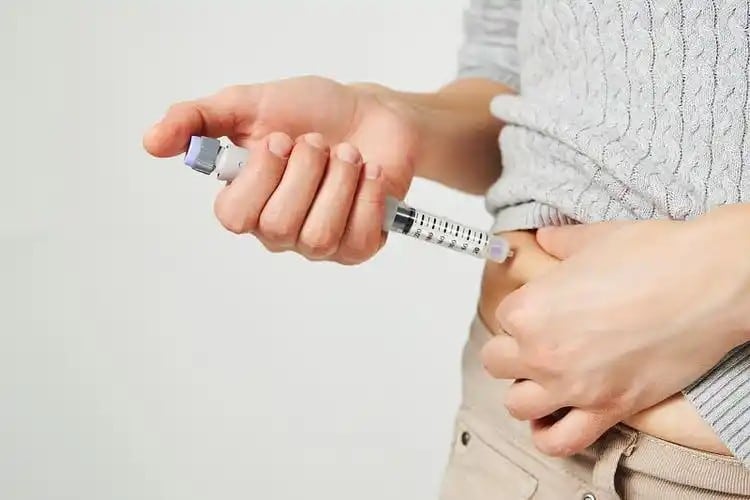
Quality Assurance and Compliance:
Regulatory Compliance:
- FDA Registration: 510(k) clearance for multiple product lines
- CE Certification: full compliance with EU Medical Device Regulation
- ISO Certification: ISO 13485 quality management system
- GMP Compliance: Good Manufacturing Practice certified facilities
Quality Control Systems:
- Incoming Material Inspection: 100% supplier qualification and testing
- In-Process Monitoring: real-time quality monitoring throughout production
- Final Product Testing: comprehensive testing before shipment
- Post-Market Surveillance: continuous monitoring of product performance
Customer Success Stories:
Case Study 1: Major US Hospital Chain
- Challenge: need for cost-effective, high-quality insulin syringes
- Solution: customized disposable syringe with improved safety features
- Result: 30% cost reduction with maintained quality standards
Case Study 2: European Pharmaceutical Company
- Challenge: rapid market entry for new insulin pen design
- Solution: accelerated development and regulatory support
- Result: successful product launch within 12 months
Case Study 3: Canadian Healthcare System
- Challenge: standardization of insulin delivery devices
- Solution: comprehensive product portfolio with unified specifications
- Result: simplified procurement and improved patient outcomes
Why Choose Us as Your Insulin Injection Device Partner:
- Proven Track Record: over 20 years of successful international partnerships
- Regulatory Expertise: deep understanding of FDA and CE requirements
- Quality Assurance: consistent high-quality manufacturing processes
- Innovation Focus: continuous investment in R&D and new technologies
- Global Support: comprehensive service network in key markets
- Competitive Pricing: cost-effective solutions without compromising quality
- Customization Capability: tailored products for specific market needs
- Reliable Supply Chain: stable production and delivery schedules
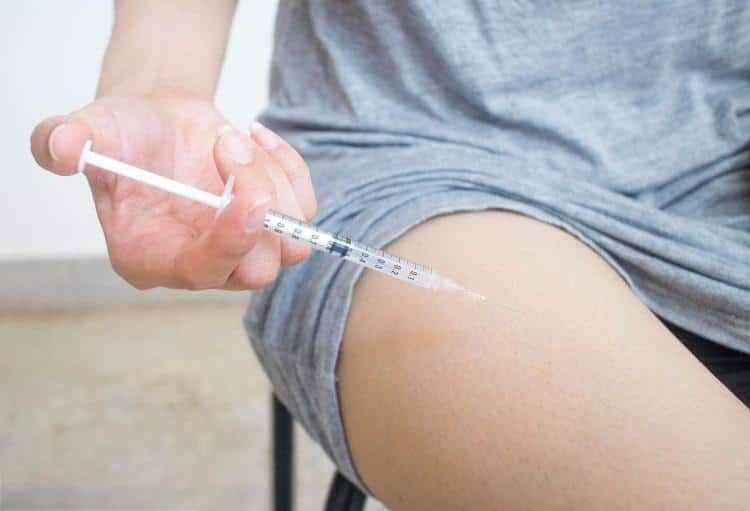
Professional Manufacturing, Quality Assurance, Global Service — This is our commitment to customers and patients worldwide. Join us in shaping the future of diabetes care through innovative insulin injection device solutions.
Ready to Partner with Us?
Contact our professional team today to discuss your specific needs for insulin injection devices, whether for OEM manufacturing, custom development, or strategic partnerships. Let’s work together to improve the lives of diabetes patients worldwide through innovative, high-quality insulin delivery solutions.

